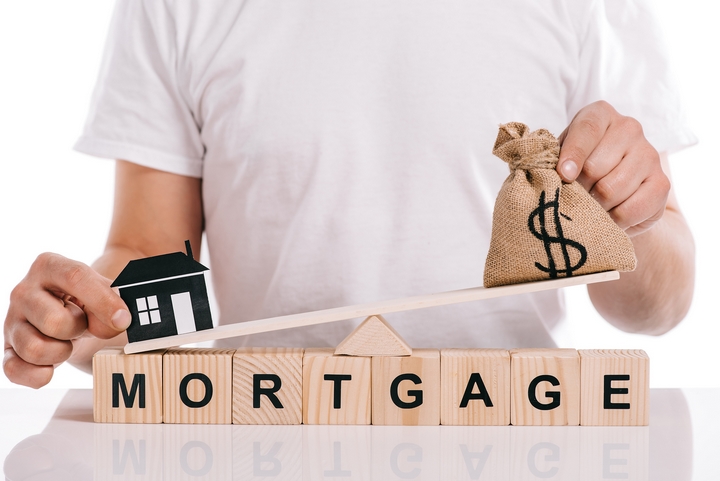
Understanding mortgage rates can be slightly intimidating, especially since you’re dealing with such big numbers. However, it’s important to remember that the basics stay the same as any other transaction that involves interest paid on money lent.
When it comes to mortgage terminology, the most common question that people ask is: “What is a mortgage rate?” The mortgage rate is the cost that the lender charges you for borrowing money for your home loan. In layman’s terms, it works exactly the same as a car loan or the interest paid on credit cards.
With that being said, how mortgage works is more complex and sophisticated once you delve deeper into the details. When dealing with large sums, it is important to understand all the proper terms used. There might be some mortgage terminology that appear confusing to you at first, but these terms are quite simple once you understand the overall concept of how mortgages work.
Here are five explanations about mortgage rates and common mortgage terminology:
Term #1: Annual percentage rate

Annual percentage rate is the most basic mortgage terminology that you should understand before learning anything else. When you see a mortgage presented, it will always be followed by “APR,” which stands for the annual percentage rate. This number is a benchmark and reflects the interest rate for an entire year.
However, be aware of this mortgage terminology. The annual percentage rate does not necessarily correspond with the final interest rate you will receive on your mortgage.
Your rate will be contingent on a variety of factors, including your credit score and how much money you make. Depending on your situation, you will likely be asked to choose between a fixed rate or a variable rate mortgage.
Term #2: Fixed rate mortgages

As the terminology implies, a fixed rate mortgage will stay the same over the length of the contract. You will be able to anticipate stable monthly payments and the amount you pay will not be subject to market influence or fluctuations.
When opting for a fixed rate mortgage, you agree to pay the same amount over the length of the contract and cannot pay more if you suddenly find yourself with additional financial means. This means you are locked into the mortgage, which is good if you require a high degree of certainty.
However, be aware that due to the nature of the payments, interest rates are typically higher on fixed rate mortgages than they are on variable rate mortgages.
If you’re the type of person who hates uncertainty and will be kept up at night worrying about potential interest rates fluctuations, a fixed rate mortgage is probably the best option regardless of your finances.
Term #3: Variable rate mortgages

Unlike their more stable counterparts, variable rate mortgages allow for more flexibility. This means both risk and potential reward.
The first appealing qualification here is that variable rate mortgages are typically lower from the start. On the other hand, the main drawback is that you are subject to risk over the entire length of the contract.
Interest rates could increase or decrease at any point, and this will affect your monthly payments. If your financial situation is such that you would not be able to account for a sudden increase in interest rates, then the cons of a variable rate mortgage likely outweigh the pros for your particular case.
Term #4: Mortgage risk

Mortgage risk refers to the underlying amount of risk in any individual mortgage. If you can adjust for some instability, variable rate mortgages come with higher risk, but also offer several potential benefits. They basically give you the freedom to make larger payments and minimize the principle so that you can more easily whether an increase in rates.
You have a larger degree of financial freedom and can actively respond to changes in your situation or increases in your wealth. If you play it right, you could end up paying a lot less than with a fixed rate mortgage.
Term #5: Mortgage conversion

Trying to decide between fixed mortgages and variable mortgages can be rather overwhelming. Fortunately, you have the option to switch between the two at some point over the course of your mortgage.
When choosing your mortgage, you can also decide whether you want this conversion flexibility. Keep in mind that if you have an open variable product, you can still convert at any time. Before making this decision, you should know what interest rate you’ll receive if you switch to a fixed rate mortgage.